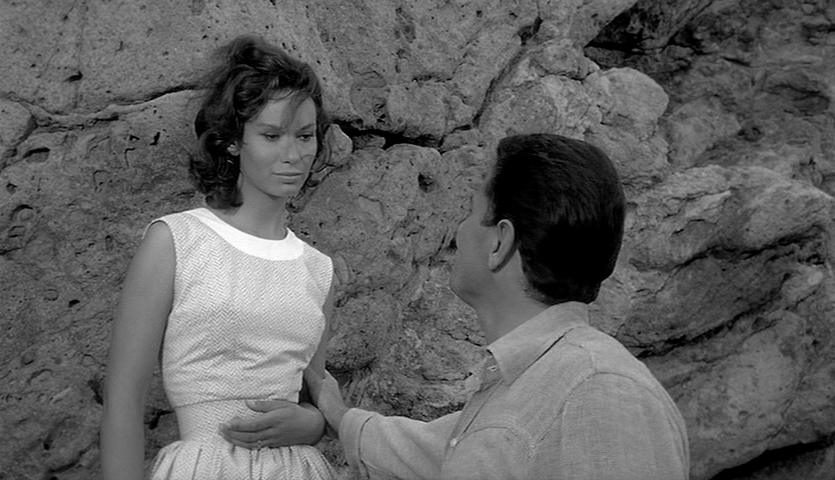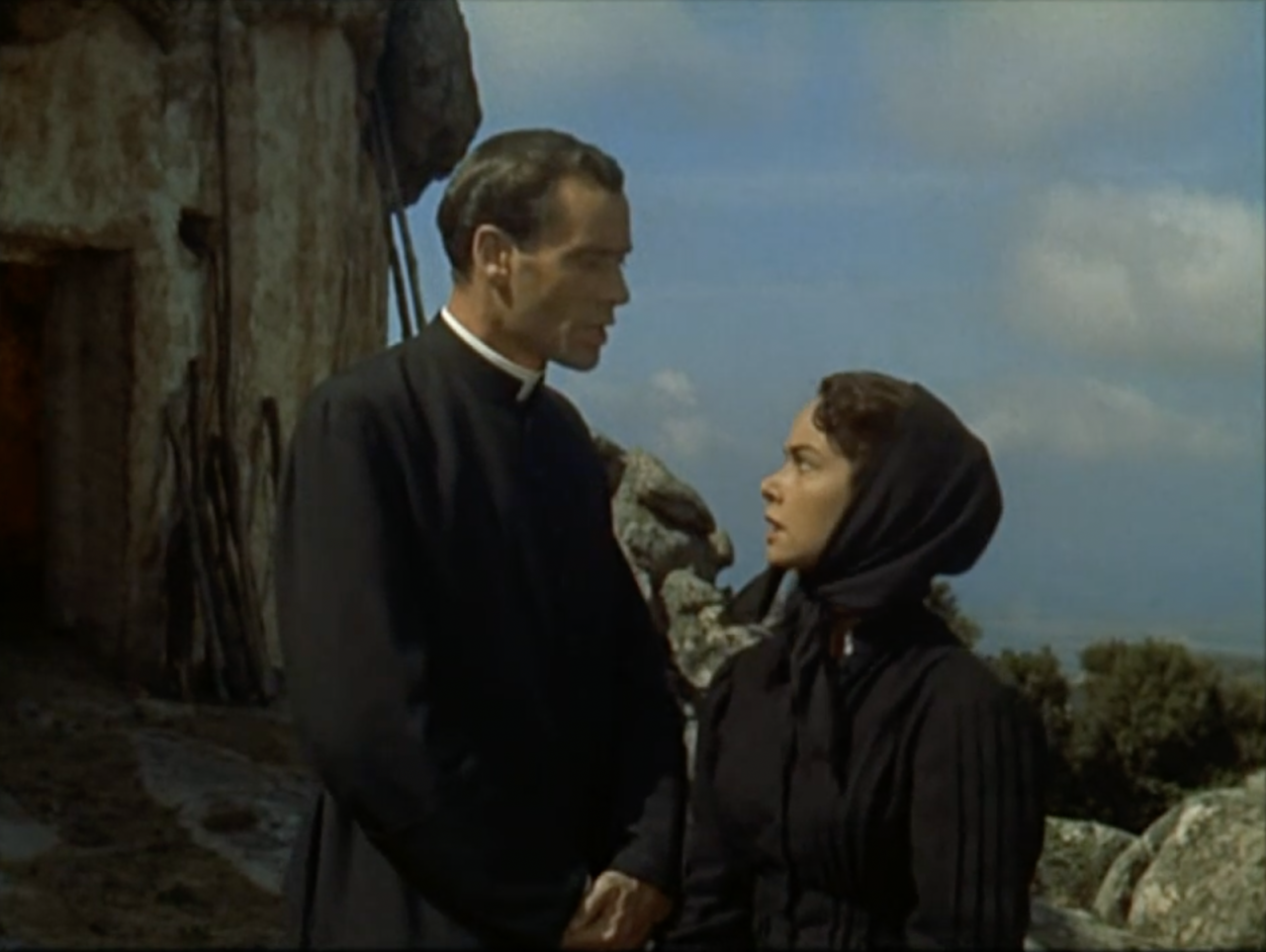Lea Massari, the Italian actress American cinephiles met through Christ Stopped at Eboli, has died in Rome at the age of ninety-one. Her name was never part of the popular pantheon of Italian cinema in the United States, but those who saw Christ Stopped at Eboli — screened in its full-length version at New York’s Film Forum for the first time in 2019, are unlikely to have forgotten her.
Directed by Francesco Rosi, the film did more than most to bring her restrained, precise style of acting to the attention of American audiences with a taste for European art cinema. The screening was a major event, as it marked the first time American audiences could see Francesco Rosi’s 1979 film in its original 220-minute format—restored and subtitled by Michael F. Moore. Previously, only a heavily edited version had been released in the U.S. under the title Eboli, in 1980. The 2019 screening was part of a special repertory run that celebrated the film’s historical and artistic significance.
Born in 1933 as Anna Maria Massetani, she grew up between Rome, Switzerland, and France. She initially enrolled in architecture school, but her interest in film soon took precedence. She chose the name Lea after the sudden death of her fiancé Leo, who was killed in a car accident just days before their wedding — a personal loss that remained private, but which left a lasting mark on the identity she would construct as an actress.

Public domain image via Wikimedia Commons – originally uploaded by Cavarrone.
She made her screen debut in 1954 with Proibito, directed by Mario Monicelli. He noticed her and cast her as Agnese, a rebellious young woman in a remote Sardinian village. From that moment on, Massari’s career followed a lateral path through Italian cinema — never quite absorbed into the mainstream, often selected precisely for the qualities that set her apart from dominant models of femininity.
After Monicelli came Antonioni, Risi, Zurlini, and the Taviani brothers. In 1960, Antonioni cast her in L’avventura, a film that would become iconic in part because of her. It’s her face — and its disappearance — that makes visible the idea that cinema could be built around absence, ambiguity, and emotional opacity. The role confirmed her as a performer uniquely suited to a more elusive, unsentimental portrayal of femininity. In Christ Stopped at Eboli, directed by Rosi, she plays Luisa Levi, the protagonist’s sister. Her role is secondary but essential: she brings to the film a detached, rational gaze, one that struggles to make sense of a landscape defined by poverty and inertia.
While she remained marginal in Italy compared to more conventional female stars, it was France that recognized her value with greater consistency. She worked with Claude Sautet, Louis Malle, René Clément, and Pierre Granier-Deferre. In Murmur of the Heart, Malle gave her one of her most controversial roles: a bourgeois mother who crosses into an incestuous relationship with her teenage son. The film was denounced and even seized by Italian censors, but in France it earned awards and critical attention.

Public domain image courtesy of Documento Film, via Wikimedia Commons
Throughout the 1960s and ’70s, she moved between cinema and television. On stage, she played Rosetta in the first theatrical production of Rugantino, alongside Nino Manfredi. On TV, she portrayed the Nun of Monza, Anna Karenina, and the mother in The Brothers Karamazov. She received two Nastro d’Argento awards and one David di Donatello, but remained distant from the machinery of Italian show business.
In the 1980s she appeared in A Voyage of Love with Omar Sharif, then stepped away from acting altogether. She turned down offers from Federico Fellini and later Ferzan Özpetek. She moved to Sardinia with her husband, former airline pilot Carlo Bianchini, and after their divorce returned to Rome. From that point on, she stayed entirely out of the public eye. She did not attend events, avoided the press, and declined interviews. Her withdrawal was complete, consistent, and final.











